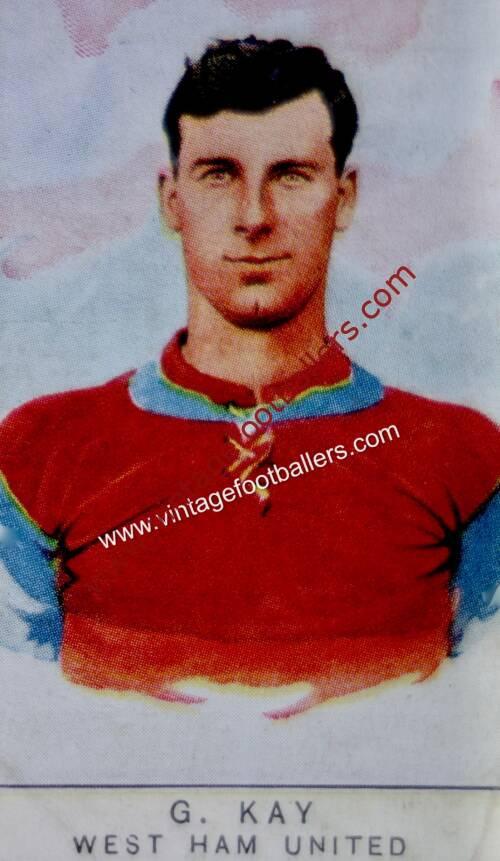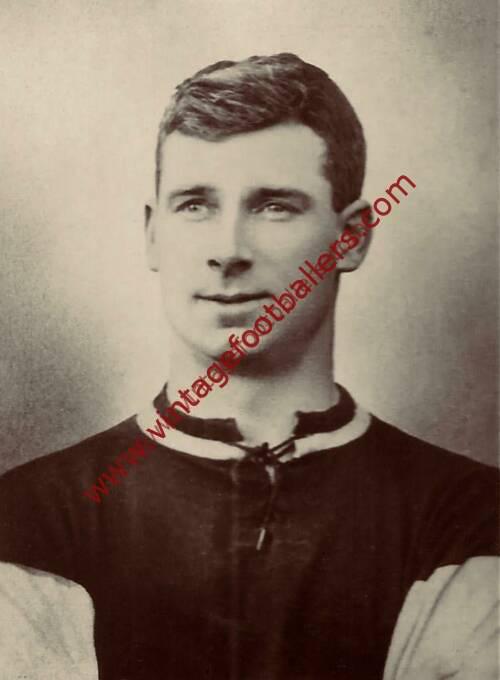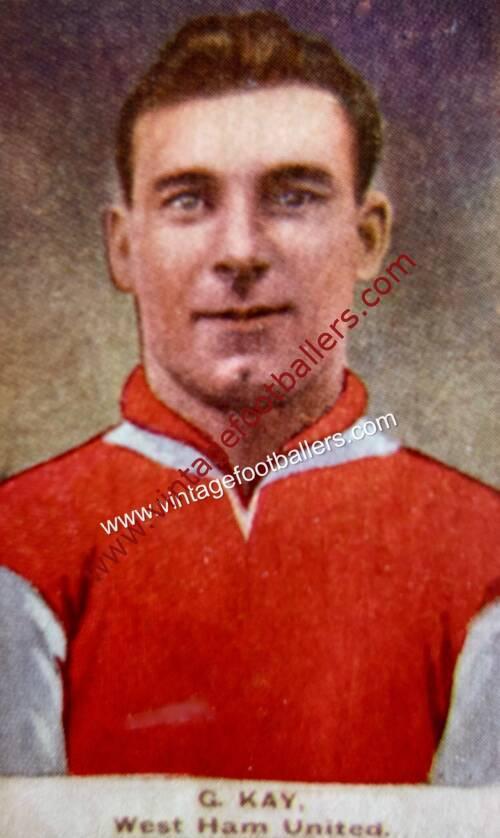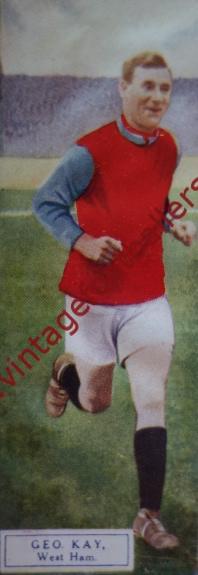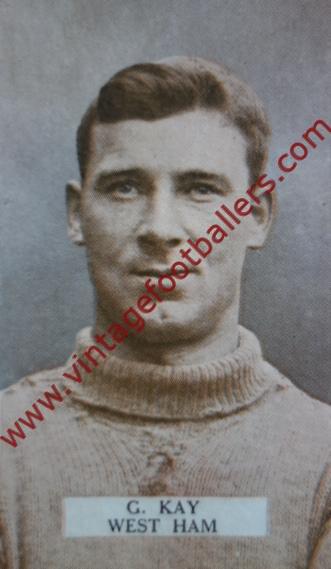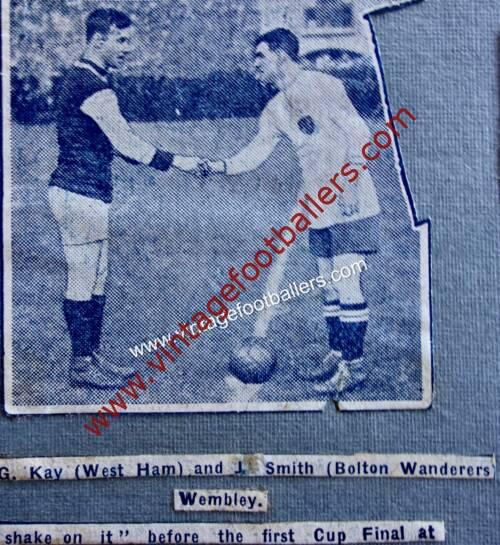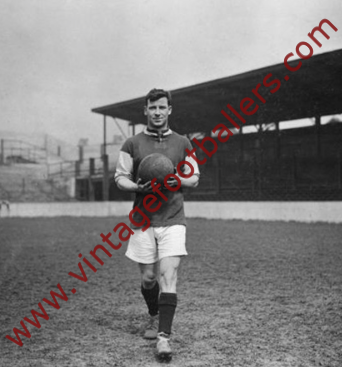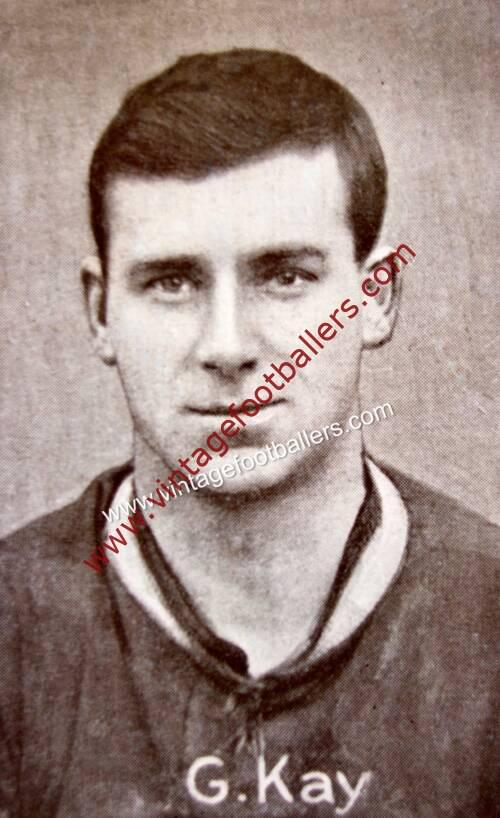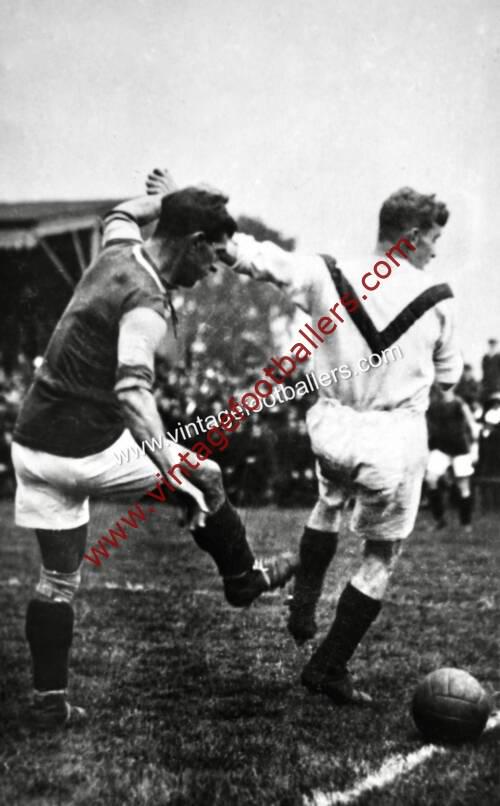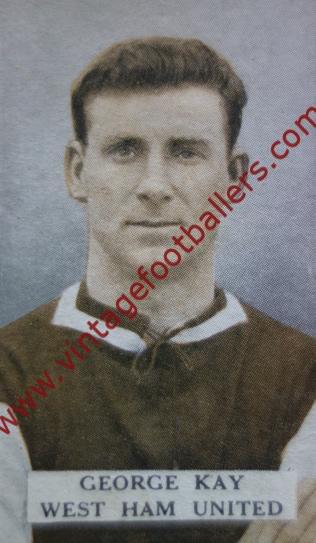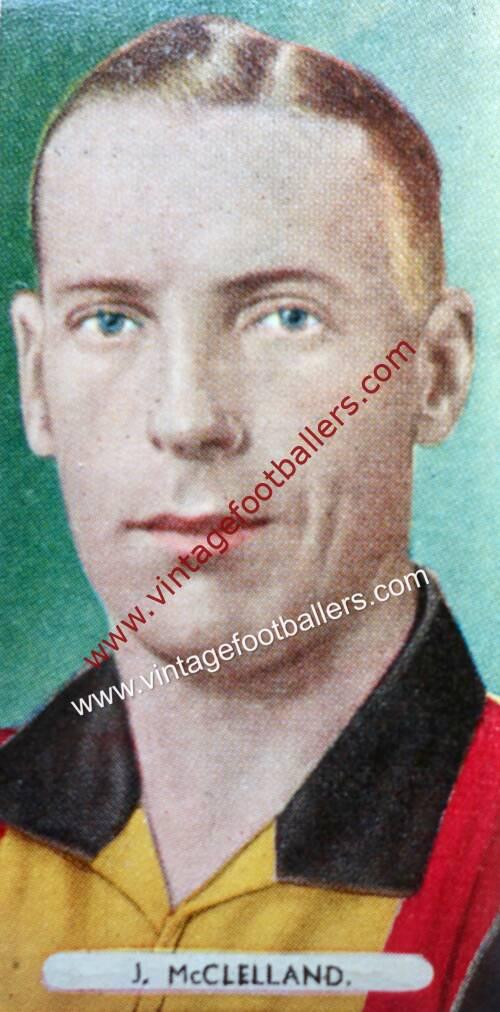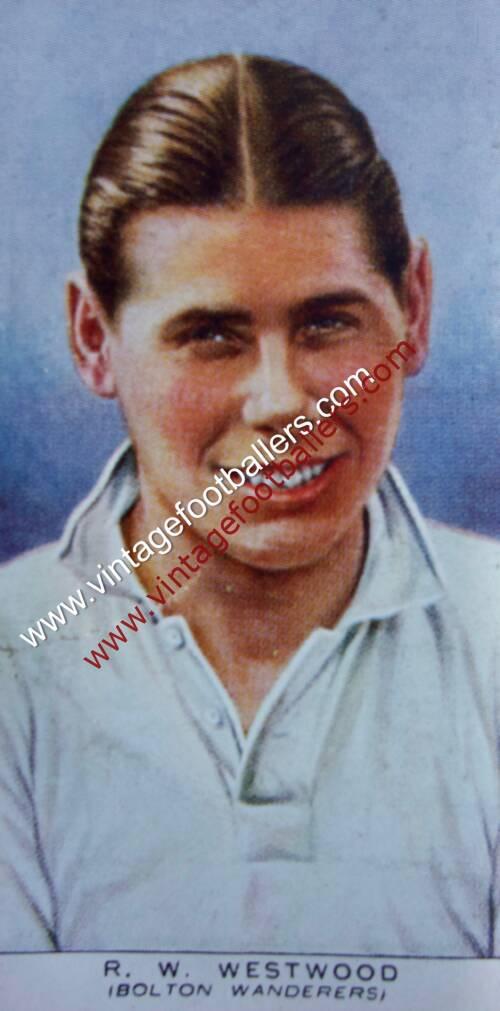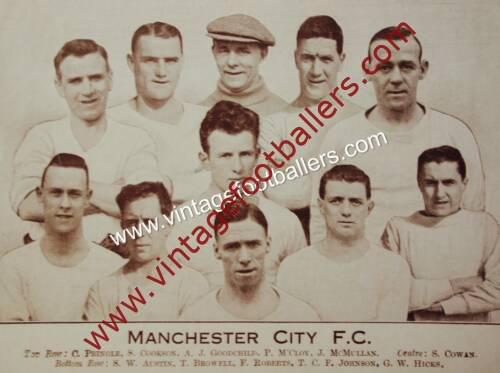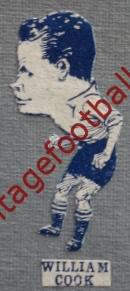Please choose your photo size from the drop down menu below.
If you wish your photo to be framed please select Yes.
Note: 16″x 20″not available in a frame.
Images can also be added to accessories. To order please follow these links
£8.95 – £49.95
In stock
Please choose your photo size from the drop down menu below.
If you wish your photo to be framed please select Yes.
Note: 16″x 20″not available in a frame.
Images can also be added to accessories. To order please follow these links
Centre half George Kay was a notable football captain who later became a noted football manager. Manchester born, he began his football career with Ancoats Lads Club in 1906 and played for Eccles Borough in 1907, from where he joined Bolton Wanderers in November 1908, making his Football League debut against West Bromwich Albion in September 1910, and playing twice more that month, but then signed with Belfast club Distillery in 1911, becoming in due course the first Englishman to captain an Irish Football League team, winning two Inter League caps, the first in a 4-1 defeat to The Southern League at Dalymount Park, Dublin in October 1913, the second in a 2-1 reverse to The Football League at The Hawthorns in October 1914.
After serving with the Royal Garrison Artillery during the First World War, where he and was both wounded and gassed on the Western Front and attained the rank of Sergeant, before being sent back to England suffering from shellshock. He joined West Ham United for a fee of £100 in July 1919 making his debut against Barnsley that September. In 1922 he became Club Captain and led West Ham to promotion to the top flight as Second Division runners up, and to the 1923 FA Cup Final, where they famously lost 2-0 in chaotic scenes to Bolton Wanderers in the so called “White Horse Final” in front of a crowd of probably at least 200,000, the first FA Cup Final to be held at the new Wembley Stadium. It is estimated that 300,000 people attempted to get into the ground. Such was the overcrowding that over a thousand people were injured getting in and out of the stadium.
He became the first West Ham player to make over 200 League appearances but in 1926 he suffered from ill health and fell ill on a tour of Spain in 1926, and he remained in Spain for three weeks before he was fit enough to return to England. The illness forced his retirement after 259 games and 17 goals for West Ham, although he briefly joined Stockport County in June 1927 already aged 36 and played twice for them in 1927-28, before he retired from playing permanently.
He became coach at Luton Town in 1928, becoming manager in December 1929, before becoming manager of Second Division Southampton in May 1931. He had five relatively successful years at The Dell despite the financial constraints of the club and it was at The Dell that he teamed up with Albert Shelley. He became Liverpool’s manager in August 1936, taking Shelley with him to Anfield. He remained their manager throughout the Second World War and in the first peacetime season after the War he won the League Championship with Liverpool in 1946-47. The club could only finish in mid-table for the next three seasons but and Kay guided them to the FA Cup Final in 1950 where they lost to Arsenal.
West Ham United historian Brian Belton comments: “Kay’s health began to deteriorate due to the stress of the run-up to the 1950 FA Cup final, during which time he lost weight and began chain smoking. He collapsed and required emergency medical attention. Although confined to his sick bed two days before Liverpool met Arsenal in The Reds’ first Wembley Final in 1950, Kay was not going to be denied the honour of leading his players onto the Wembley turf for the presentation to the King.”
Kay’s health continued to deteriorate and he retired as manager in January 1951. Billy Liddell commented: “He had no other thought but for the good of Liverpool during his waking hours, and also during many of his nights. He told me often of the times he had lain in bed, unable to sleep, pondering over the manifold problems that beset every manager, but which can be a curse to the oversensitive or excessively conscientious ones …if any man gave his life for a club; George Kay did so for Liverpool.” He died in Liverpool in April 1954.
| Weight | N/A |
|---|
